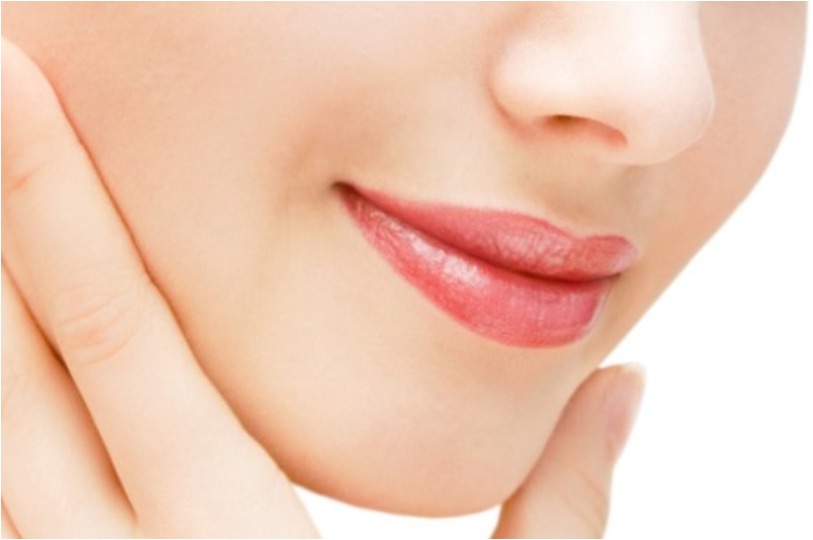
Fairness creams, also known as skin lightening or whitening creams, are products marketed to lighten the skin tone and reduce dark spots or hyperpigmentation. These creams often contain ingredients such as hydroquinone, steroids, mercury, and other potentially harmful chemicals. While they may promise quick results, their long-term effects on the skin can be detrimental.
Dermatologists warn against the use of fairness creams for several reasons:
- Skin damage: Many fairness creams contain ingredients that can damage the skin, leading to thinning, sensitivity, and increased vulnerability to sunburns and other skin issues.
- Skin irritation: Some ingredients in these creams can cause skin irritation, redness, and allergic reactions.
- Discoloration: Prolonged use of fairness creams can lead to a condition known as ochronosis, where the skin develops a bluish-black discoloration that is challenging to treat.
- Dependence and rebound effect: Fairness creams can create a dependency on their continuous usage. When users stop applying them, the rebound effect can cause the skin to become darker than before.
- Health risks: Some fairness creams contain mercury, which can be absorbed into the bloodstream and lead to serious health issues, particularly if used over an extended period.
- Promotion of unhealthy beauty standards: The use of fairness creams perpetuates the notion that fairer skin is superior, promoting unhealthy beauty standards and racial biases.
Dermatologists emphasize the importance of embracing one’s natural skin tone and focusing on skincare routines that prioritize overall skin health and protection against UV radiation. Instead of using fairness creams, individuals are advised to opt for sunscreen with adequate sun protection, regular exfoliation, and nourishing skincare products suitable for their skin type.
It is crucial to consult a dermatologist or a skincare professional for personalized advice on maintaining healthy and radiant skin without resorting to harmful fairness creams.
